Review of the Third Module Course of the “Future Leadership” Class of Peking University
Date:2020-01-10
December 20-22, 2019, The PKU Global Legal and Business Executive Program (hereinafter referred to as “GLBE”) “Future Leadership” class, the third module “Business Cooperation under Globalization Regulation ”course ended wonderfully. The construction and operation of the compliance system need to keep pace with the times, and always adhere to the bottom line of corporate compliance operations in order to provide solid legal and regulatory support and strong risk prevention guarantees for enterprises to grow bigger and stronger.
At the beginning of the course, Tao Guanghui, a lawyer from Beijing Deheheng Law Firm, who has been deeply involved in corporate legal affairs for many years, clarified the definition and role of compliance, internal control and risk management in the establishment of the corporate legal system. Attorney Tao has explained the significance of establishing a corporate legal system for the long-term healthy development of enterprises through a large number of corporate cases handled by himself. He pointed out that compliance is to use the rule of law as a means to improve the ability of enterprises to manage risks, and implement it into the supervisory department and into the discourse system used by corporate executives, including the government, called law-based enterprises or governing enterprises according to law. In recent years, Chinese enterprises have carried out foreign economic cooperation in accordance with market orientation, commercial principles, and international practices, adhered to lawful and compliant operations, and actively fulfilled their social responsibilities, which not only promoted the international development of the enterprise itself, but also promoted the mutually beneficial and win-win situation for China and relevant countries. Common development has established a good image of Chinese enterprises.
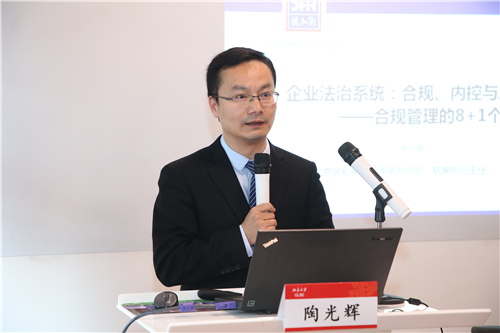
Compliance is indispensable to enterprises, just like air to people. It is indispensable when you own it. The importance of air is only found when you are in the water. Shi Yingchun, president of Legal Affairs of China Grand Group Co., Ltd., talked about the ways, means and tools for corporate compliance under the background of economic feasibility for students. Interpret the way of compliance from an economic perspective. The compliant person understands the operation, and the operating person understands the compliance. The compliance goal must be combined with the business goal to establish a common operating goal. The technique of compliance is the formation of a compliance culture. To achieve compliance goals, it must be supported by a compliance culture. Only by using a strong management consciousness to establish a systematic system can compliance goals and operational goals be achieved at the same time. green. Doing good value requires insight into the nature of the business, which determines the bottom line of compliance. Implementation of compliance operations, to ensure full staff action, compliance awareness is the root of compliance. At the end of the course, Mr. Shi and his classmates commended “We look up at the stars, and we are more down-to-earth. We are a group of legal persons who constantly reflect on themselves and surpass themselves.”
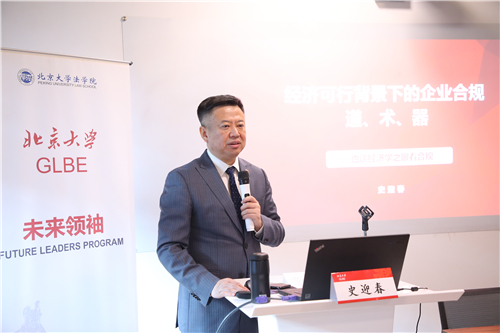
Invited guests and classmates discussed the risks and challenges faced by enterprises in their investment in the “Belt and Road” initiative. In line with the national strategy of “go to global” and the historical opportunity of building the “Belt and Road”, more and more Chinese enterprises and individuals are steadily going abroad for development, which has also accelerated the pace of Chinese financial institutions’ expansion of overseas operations. Continuously improve our international operation capabilities and better serve Chinese enterprises and individuals who have gone abroad. Compliance management is an international consensus and an international practice. To maintain an international competitive advantage in the construction of the “Belt and Road” and achieve healthy and sustainable development, compliance management is an inevitable choice. Faced with the general environment of the rule of law at home and abroad, Chinese companies going abroad must actively take action, work hard, be willing to invest, and really implement compliance management. Different types of enterprises must strive to achieve “going forward” in compliance management. In order to use active compliance management actions and actual results to establish a new image of Chinese compliance in international competition and global markets, and tell a good Chinese story.
Prof. Jiang Daxing from PKULS elaborated on transnational compliance management in corporate governance, and emphasized that transnational investment in enterprises is not just competition between enterprises, but also competition between countries’ interests. The core of compliance management is what the real risks facing enterprises are. Each enterprise needs targeted management according to its industry characteristics, business methods and business models. The soul of compliance management is to grasp the essence of risk, build a compliance management system that conforms to specific corporate practices, and continuously evaluate corporate risks so that the compliance system is perfectly embedded. While rooting in the domestic market and complying with the domestic regulatory direction, enterprises should conscientiously improve the awareness of overseas compliance management and strive to ensure that trade and investment behaviors meet the requirements of the new trend of international compliance management development.
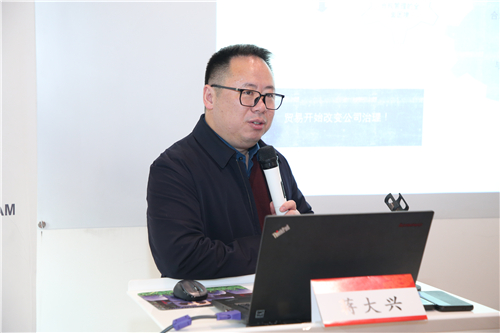
Business innovation promotes the high-quality development of enterprises, and the compliance system ensures that business activities of the enterprise are carried out in an orderly manner. Prof. Chen Ruihua from PKULS, through a detailed review of classic cases, pointed out that compliance means survival, and enterprises currently need to move from a single special compliance to a full compliance. As a means of corporate governance, compliance should penetrate into every aspect of corporate governance, from the establishment of a compliance system, compliance investigations, compliance training, and compliance crisis response. He further pointed out that to establish a compliance management system, an enterprise must start by identifying the compliance risks facing the enterprise, then establish a compliance system with a risk orientation, build a comprehensive compliance organization system, and form a compliance culture through continuous compliance operations. Form a benign and stable operating mechanism for compliance management.
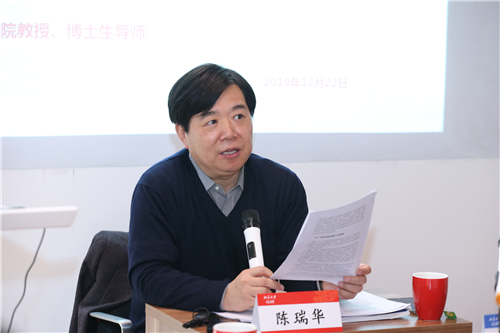
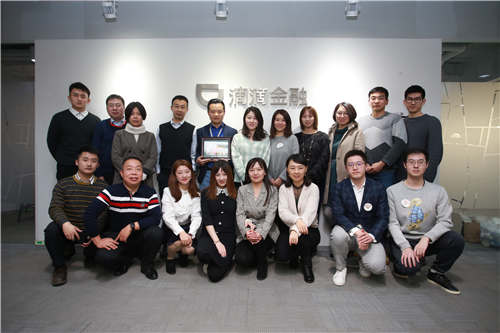
Concentrate on your dedication and dedication for a long time, GLBE at Peking University looks forward to working with you in the new year and moving forward!
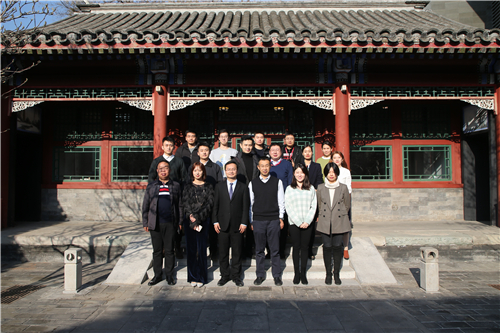
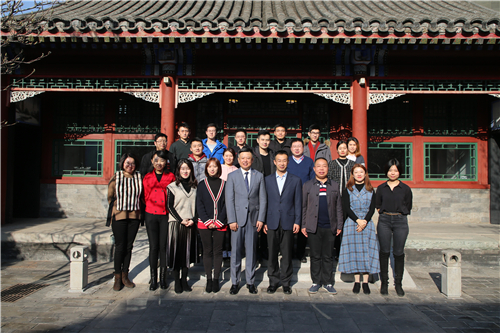
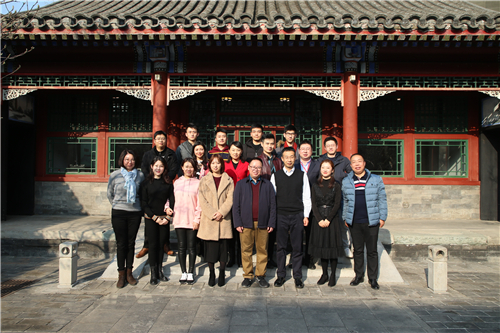
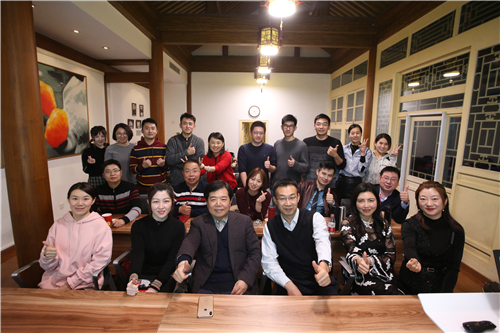
Translated by Rosie
Edited by Rosie



